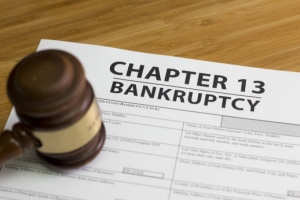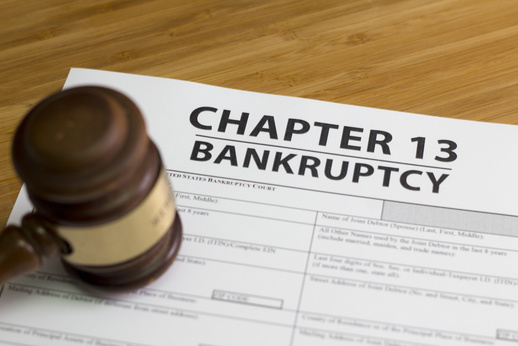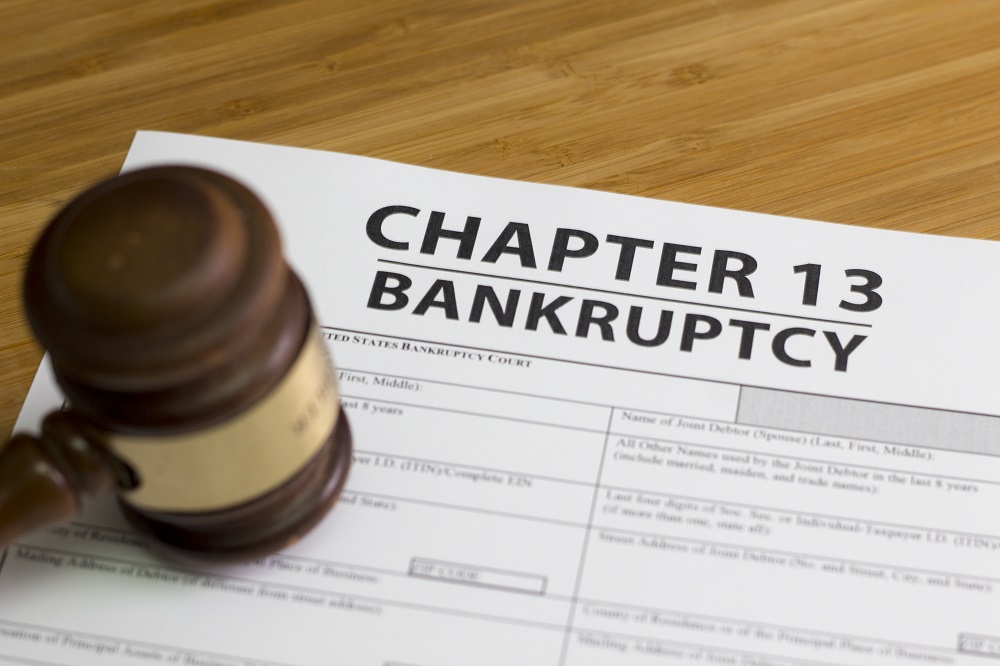Chapter 13 Bankruptcy Information in Arizona
 While many lay people know the term “Chapter 7 Bankruptcy”, Chapter 13 bankruptcy is another type of filing that a debtor may pursue. This blogpost will discuss the implications of filing for Chapter 13 bankruptcy.
While many lay people know the term “Chapter 7 Bankruptcy”, Chapter 13 bankruptcy is another type of filing that a debtor may pursue. This blogpost will discuss the implications of filing for Chapter 13 bankruptcy.
One of the main differences between a Chapter 13 bankruptcy and a Chapter 7 bankruptcy is that a Chapter 13 filing is seen as a reorganization of assets and finances while Chapter 7 bankruptcy is a liquidation of assets to satisfy debts.
Why Chapter 13?
Those that pursue a Chapter 13 bankruptcy tend to want to keep certain secured assets. These types of assets generally can include a home or car. Arizona bankruptcy provides certain exemptions in equity that a person can claim, up to a certain amount. A debtor whose assets are worth considerable more than those exemptions many times choose to pursue a Chapter 13 bankruptcy to keep the tangible assets.
Chapter 13 bankruptcy develops a repayment plan for the debtor. The plan will protect the debtor while the debtor is current on payments from collection action. It will also discharge an unpaid balance on dischargeable debts at the end of the plan.
Chapter 13 Process
Chapter 13 will require a debtor to file a petition for bankruptcy, schedules of assets, statement of affairs, and other documents for the court. A Chapter 13 trustee will review the documents. There is a required meeting of creditors where creditors may meet to discuss the debts. The Plan of Reorganization is the agreed upon plan that will set the intentions of the bankruptcy. This plan is generally a timeline for the next 3-5 years and how the debtor will pay off certain debts using their disposable income. The debt is paid to the Bankruptcy Trustee who transfers the money to the creditors.
At the end of the plan, dischargeable debts will be forgiven. Non-dischargeable debts, like child-support payments, student loans, and certain taxes are still obligated to be paid by the debtor.
Bankruptcy courts, like any district courts, have their certain customs and court personalities. Bankruptcy trustees will act in different manners and have different opinions of what is reasonable and in good faith when a debtor makes payments and how to react when a debtor may make a late payment.
To Qualify for Chapter 13
First, Arizona requires all debtors to complete the Credit Counseling for Consumers Class. This class is required by the federal government for those wishing to file for bankruptcy. This class will provide financial education, budgeting assistance, and debt management plans.
A person filing for Chapter 13 must have adequate regular income to meet living expenses that are allowed by the Bankruptcy Trustee and following IRS guidelines. There is a required amount of unsecured and secured debt that must be present. Only a person may file for Chapter 13. A corporation, partnership, or stockbroker is not eligible.
To file Chapter 13, you must not have received an earlier discharge of debt under a Chapter, 7, 11, or 12 bankruptcy proceeding in the previous 4 years before filing or another Chapter 13 in the last 2 years.
Hiring An Attorney
While filing anything pro se (without an attorney) is difficult for any type of civil or criminal proceeding, it is extremely difficult for those wishing to pursue Chapter 13. In Arizona, the rate of approval of a plan without an attorney for those filing Chapter 13 is extremely low.
Attorneys fees in Chapter 13 are usually paid in part before the case starts and any unpaid balance is incorporated into the plan by the Bankruptcy Trustee. Arizona allows bankruptcy attorneys to charge a flat fee which is set by the individual bankruptcy court.
Click here for information on why the elderly are filing bankruptcy.


